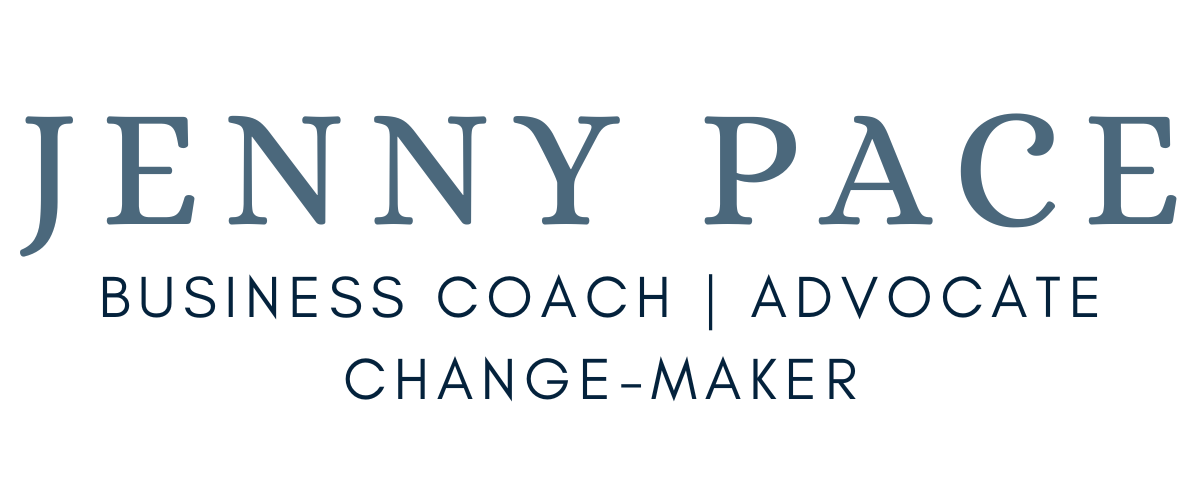It’s that time of year when I talk a lot about Christmas. To be honest, working with a lot of retail businesses, I talk about Christmas most of the year.
But during October, especially towards the end, something happens.
The fear kicks in.
In an ideal world, as it was in years gone by, sales would start to kick in for Christmas in about mid-October. That would really put a lot of small business minds to rest.
But the reality is online shopping has made it easier to leave things later.
I’ve written before about how we have to hold our nerve, and wait a little longer.
But here in 2018, in a year when many big retailers have struggled, what are things really like? Is it just a case of holding our nerve, or have we reached a totally different landscape?
In my conversations with clients, I often get asked: Is it just me? (To be honest, a variation of this question comes up regularly, even if we’re not talking about Christmas!)
This year, more than ever before, I say, I don’t know. I don’t know if anyone is doing particularly well. I have one client whose business is thriving better than ever, but a handful of clients are finding things much leaner.
For the community in general, I don’t know.
In what has previously been a pretty supportive community, people seem to be sharing less and less about how they’re really doing. Partly, I believe this is a good sign of great business friendships. Conversations are happening less publicly – and that’s no bad thing.
But I also know how much it helps us all to be open and honest with each other.
If you’re struggling, it can be a relief to know that you’re not alone – that you’re not doing it wrong all by yourself. This is especially true if you manage depression or anxiety. We can be quick to blame ourselves when, in fact, things are changing and challenging across the board.
And we only get to know we’re not alone when we have community who can share.
I’m not saying we should all get together and moan about Brexit or the economy or whatever else we’re blaming for slow sales. I believe we can think ourselves into scarcity, recession, and lack. I also believe that the agility of small businesses is a huge strength for getting through lean times.
There’s so much we can do to find the corners of the market that are available to us, even in slow sales periods. Even if you don’t make as much as you did last year, there are options available to you, ways to cut back and refresh.
And if you’re planning to be in business for a while, these years, these times are inevitable. The key is to see them for what they are.
When we’re in big, full years of growth, we celebrate and save and invest and ride the wave.
When we’re in years of ebb, we consciously choose where to place our energy, time and money. We choose to reflect the more primary requirements of our clients and customers. We hold back on big investments. We get through, and we renew.
So let me tell you a little truth about my business, and where I am right now:
This time last year, I cut back and restructured Copper Boom Studio. In a massive way. In 12 months, I’ve re-built my own income – which had become non-existent while the business was doing too much – and I’m slowly but surely returning to the sustainable, meaningful business I’ve always wanted to create.
Are things so great that I never worry? No. Do I still have cash flow challenges? Sometimes. Do I believe I’m on the right track? Absolutely. I can feel it in my bones.
A resource for you
If you’re struggling financially, booking in business coaching isn’t always an option (though investing in the right support can certainly accelerate your financial healing and business strategy).
I created The Safe Space as a community that is supportive, and cultivates the values that are dear to me: authenticity, no unsolicited advice, and true business success on your own terms.
Whether you’re celebrating or struggling, you’re welcome in this group. You can rant, share, ask, cheer, and receive mini coaching. You can meet like-minded business owners, and benefit from reminders from me.
It’s not much, but it might just help you to feel a little less alone.
This totally free Facebook group is open now, and requires a couple of questions to join.
See you there!
Jenny x


